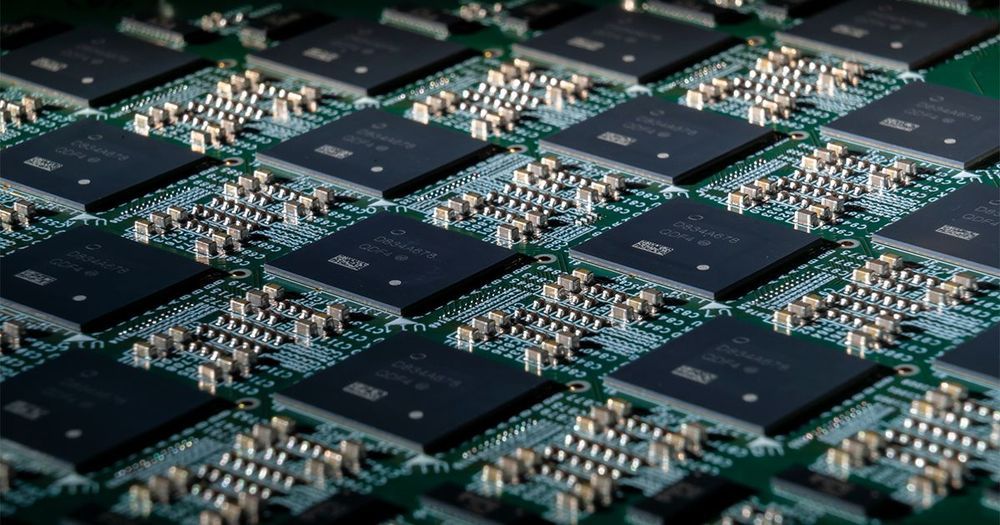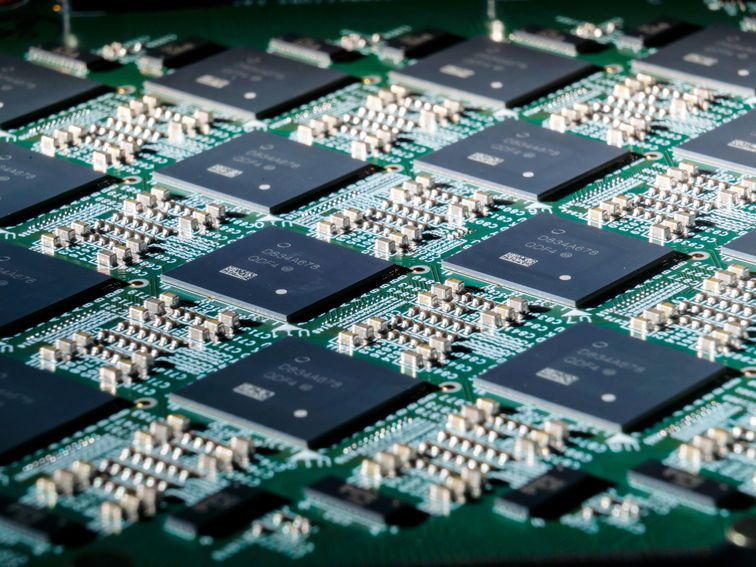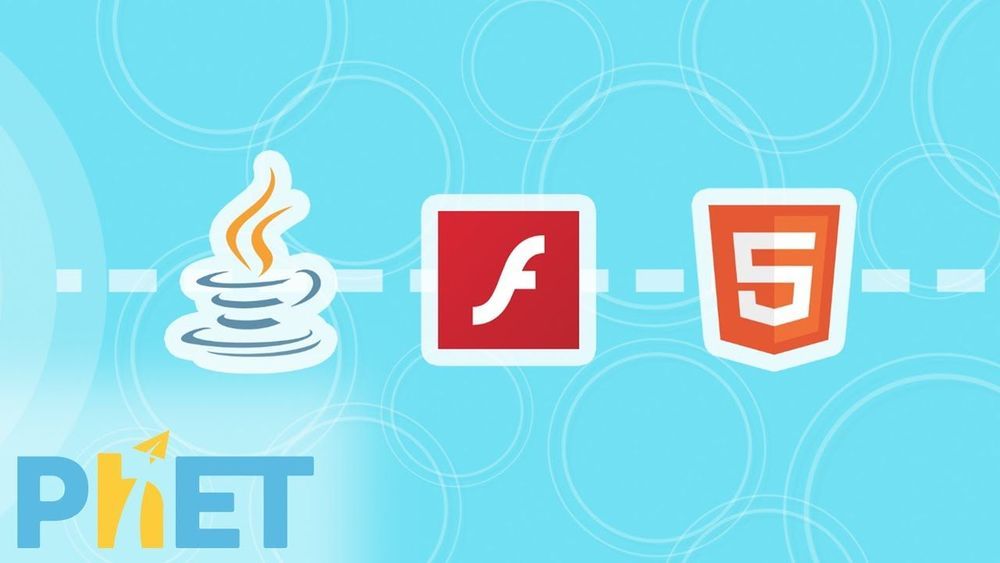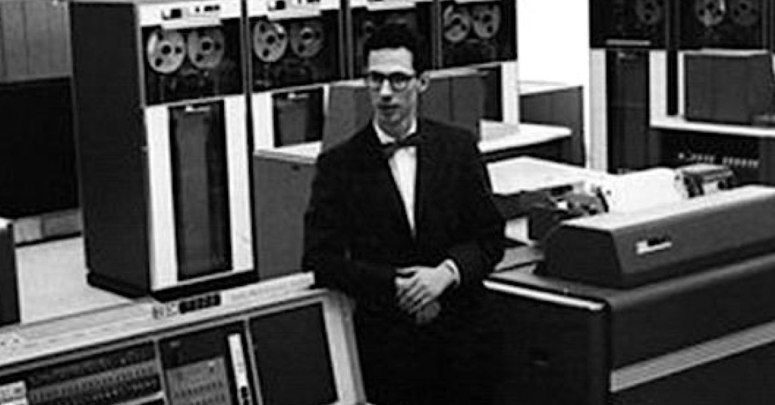
The ORION™ Non-Linear Junction Detector (NLJD) detects the presence of electronics, regardless of whether they are radiating, hard wired, or even turned off. Electronics containing semi-conductor properties return a harmonic signature the ORION NLJD can detect when radiated with RF energy. An NLJD detects physical properties, and not energy emissions. Therefore, devices that contain circuit boards and their components, like cell phones, video cameras, and microphones can be detected by the ORION NLJD.
How does a non-linear junction detector work?
The NLJD antenna head is a transceiver (transmitter and receiver) that radiates a digital spread spectrum signal to determine the presence of electronic components. When the energy encounters semi-conductor junctions (diodes, transistors, circuit board connections, etc.), a harmonic signal returns to the receiver. The receiver measures the strength of the harmonic signal and distinguishes between 2nd or 3rd harmonics. When a stronger 2nd harmonic is represented on the display in red, it indicates an electronic junction has been detected. In this way, a hand-held ORION is used to sweep walls, objects, containers, furniture, and most types of surfaces to look for hidden electronics, regardless of whether the electronic device is turned on.

















